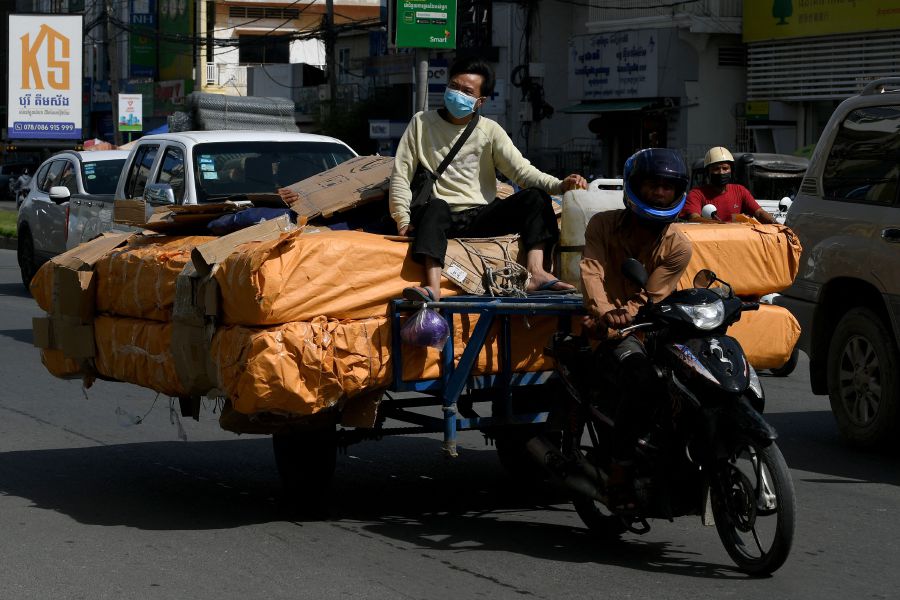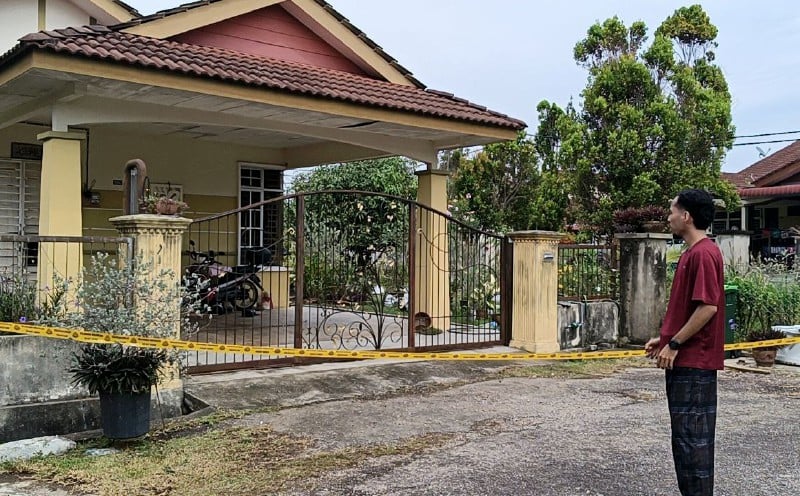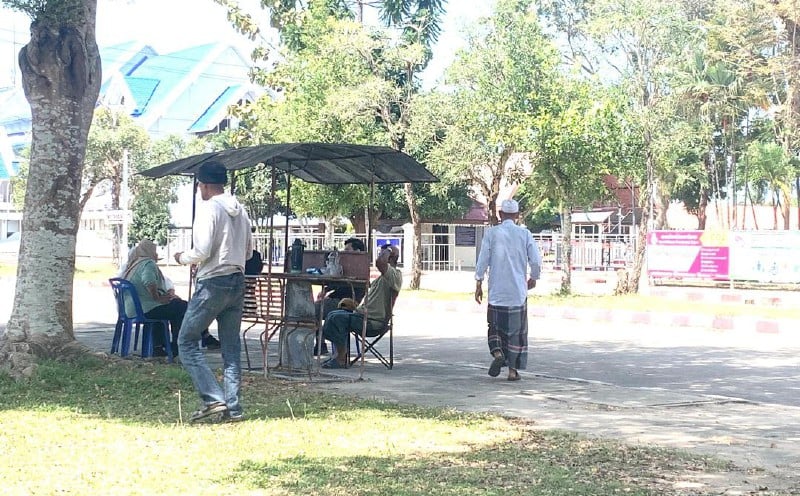PHNOM PENH: Cambodia's unemployment rate for the year is expected to be the lowest among Asean countries, at only 0.31 per cent.
Based on figures from the Asean Information Centre, Laos is expected to be in second place with a projected unemployment rate of one per cent.
The unemployment rate in Myanmar is expected to be at 1.79 per cent, Singapore (2.2 per cent), Vietnam (2.46 per cent), Malaysia (3.9 per cent), Philippines (5.8 per cent), Indonesia (5.83 per cent) and Brunei (8.4 per cent), the report said.
Hong Vannak, an economic analyst at Royal Academy of Cambodia, told Khmer Times that Cambodia had created jobs for its people in production, domestic trade and export.
He said the government's efforts in building international, bilateral and multilateral relations has opened the door for trade with the rest of the world and increased revenue generated from export and trade.
Cambodia generated more than US$2.2 billion of revenue from its international trade in the first five months of this year, a year-on-year increase of 20 per cent, indicating domestic production has improved and more jobs have been created.
Vannak said Cambodia was attractive for both local and foreign investors who have injected their money into many sectors including agriculture, industry, construction and tourism.
"Rising investment means creating jobs for people," he said, adding that Cambodia has good geography and potential sectors especially agriculture and household businesses that can help generate extra income.
The free trade agreements with various countries and blocs are also contributing to job creation in Cambodia.
Meanwhile, Cambodia's inflation rose to 7.2 per cent in May this year, the highest in 10 years.
In response to this, the National Bank of Cambodia (NBC) said it has put in place a number of measures to control the inflationary pressures and protect the purchasing power of the local currency.
Its central bank Governor Chea Chanto said increasing prices of oil and food were the main factors to the sharp rise in inflation.
He said prolonging the Russia - Ukraine conflict and the sanctions on Russia have pushed up world oil and food prices, along with the prices of fertilisers and agricultural products.
China's 'Zero Covid Policy' has also led to a spike in the prices of construction materials in Cambodia, which depends on Chinese imports.
The NBC said its monetary policies were trying to control the inflationary pressures and support the economic recovery of the country.
"As an immediate step, the exchange rate of the riel against the US dollar has been stabilised," he said, as the high dollarisation of the economy, exchange rate fluctuations can have a direct and rapid impact on inflation.
The governor said the exchange rate guidance, a tool to set the official interest rate by the NBC, has also been implemented.
Chanto added that despite the inflationary pressures, Cambodia was expected to see growth in all major sectors such as garment exports, tourism, construction, real estate and agriculture in 2022.
Meanwhile, Xinhua news agency reports that Cambodia collected US$3.26 billion in taxes for the first half of the year, up 22 per cent from the same period last year.
Tax department director-general Kong Vibol said US$1.97 billion in income taxes were collected during the January - June period this year, up 29.8 per cent year-on-year.
He said they have achieved almost 70 per cent of the target for 2022.
Meanwhile, Customs director-general Kun Nhim said they collected US$1.29 billion in customs and excise revenue for the same period, up 11 per cent year-on-year. This is half the target set for the year.
















